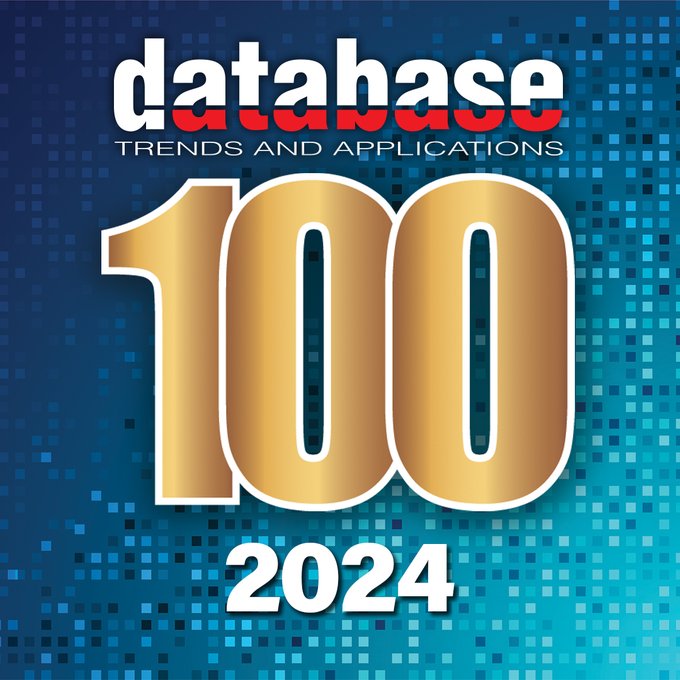
- 28 December, 2015
CIO Review article – Franz Inc.: Making Complex Data Meaningful with Semantic Graph Analytics
 Dr. Jans Aasman, President & CEO
Dr. Jans Aasman, President & CEOIn today’s data-driven environments, the ability to analyze data from diverse sources is becoming a top priority for every CIO. Organizations in a myriad of industries including healthcare, intelligence/defense, life sciences and financial services need to quickly analyze streams of structured and unstructured data from heterogeneous sources to effectively compete and make informed decisions. However, traditional relational database technology is inadequate for today’s complex analytics requirements.
In a May 2015 report Forrester Research stated, “Graph databases are a powerful optimized technology that link billions of pieces of connected data to help create new sources of value for customers and increase operational agility for customer service. Because graph databases track connections among entities and offer links to get more detailed information, they are well-suited for scenarios in which relationships are important, such as cybersecurity, social network analysis, eCommerce recommendations, dependence analysis, and predictive analytics.”
Gartner agrees, “Graph analysis is possibly the most effective competitive differentiator for organizations pursuing data-driven operations and decisions.”
Franz stands apart from other Graph database vendors by offering Semantic Graph database technology based on RDF, a W3C standard model for data interchange on the Web. The company’s flagship product, AllegroGraph, is a high-performance Semantic Graph database that processes data with contextual and conceptual intelligence to perform queries of unprecedented complexity and support predictive analytics that help companies make better, real-time decisions.
“Unlike relational databases, AllegroGraph provides the unique ability to infer or understand the meaning of information and link new information automatically, without manual user intervention, coding or the database being explicitly pre-structured,” said Dr. Jans Aasman, CEO of Franz, Inc.
Another industry-first for AllegroGraph is its ability to support analysis across N-dimensions—any conceivable measurement of an object, property, or operation. Furthermore, AllegroGraph extends the benefit of Artificial Intelligence via Prolog, which empowers developers to write rule systems and other complex AI applications.
For instance, Haystax Technologies leverages Franz’s Semantic Graph technology to develop analytics applications for continuous risk monitoring of insider threats. Analysis is based on the fusion of high and low frequency entity-related events via temporal relevance models and a probabilistic risk model. As a result, Haystax’s solutions have become advanced in identifying the types of risks and the impact of the actions that individuals pose to an organization.
We provide powerful solutions to complex data challenges through the advanced capabilities of our Semantic Data Lake platform
As ‘Data Lakes’ have become one of the most discussed information management approaches over the past year, Franz addresses the need for semantic consistency within Data Lakes through its Semantic Data Lake platform, a self-descriptive data-repository based on graph representation of multi-source, heterogeneous data, including unstructured data. According to Nick Heudecker, research director at Gartner, “Data lakes typically begin as ungoverned data stores. Meeting the needs of wider audiences requires curated repositories with governance, semantic consistency and access controls.”
Franz has been providing powerful solutions to complex database challenges since its inception. “We have always been in the business of ‘solving complexity’ through our semantic web technologies,” noted Dr. Aasman. “From our origins in the Artificial Intelligence boom through our advanced capabilities in Graph search and now as part of our Semantic Data Lake platform, we provide powerful solutions to complex challenges in the Enterprise.”
For the future, Franz has a focus on Personalized Medicine — a growing field with a considerable need to rapidly answer complex, often live-saving questions that require the fusion of data in many dimensions. Through a Semantic Data Lake approach, Franz has begun working to easily transform and integrate unstructured and structured data to deliver critical real-time insights that will fuel discoveries, significantly improve efficiencies, and personalize care for patients.







